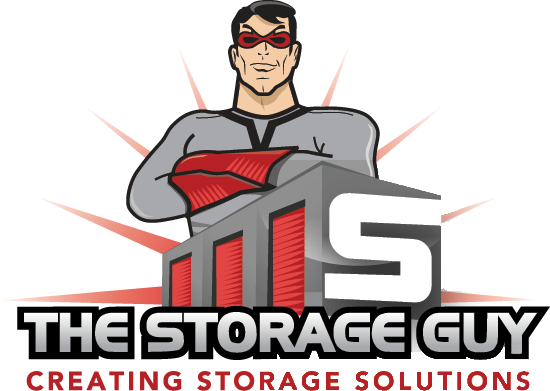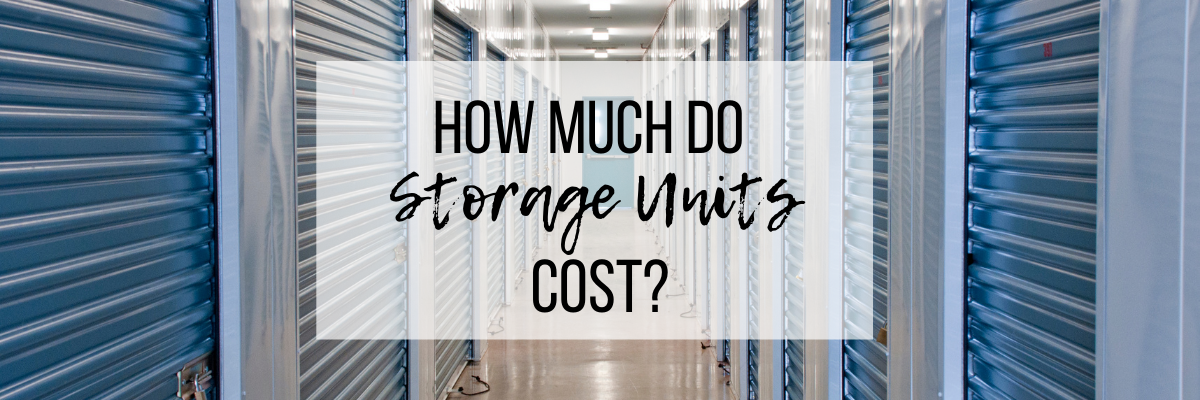At some point in your life it’s likely you’ll have an overlap while moving or a large-scale remodel of your home, and you will have to find a place to temporarily put your things. Or maybe you’ve outgrown the space in your house and want a more permanent place for some of your most important valuables.
There are many practical reasons for renting a storage unit, but how does it fit into your budget and what do you need to consider before securing self-storage?
Whether you need a unit for personal or business storage, there are many options and sizes available. And although location is often the primary factor in determining the price of each storage unit, other features such as size, facility security and even the length of time you intend to rent the space influence the total cost.
WHAT GOES INTO THE COST?
The Size and Location
Size and location are the first two factors you should consider when choosing a unit. Do your best to determine – or at least estimate – the size you might need for your belongings. This will give you an idea of the amount of space you will need. Location always has a vital impact on anything related to real estate. Urban storage units usually cost more than those located in more rural areas and the more convenient or desirable an area is, the higher the costs will be.
Climate Control
Having a space to store your items is not enough. You should also determine the condition and sensitivity of these items, as some of them may be easily damaged if you don’t consider the climate. Climate-controlled units usually cost about 40-50% more, which may be worth paying as it assures you that your valuables will be well-maintained.
Indoor and Outdoor Structures
What’s the main difference between these two? Indoor facilities are more like apartment buildings, usually with one main entry and separate doors leading you to each unit. Outdoor/drive-up facilities, however, function more like a household garage. As one may expect, an indoor structure is a lot more expensive – up to 50% more – especially when it is located on the first or ground floor because it provides better access compared to those in the upper level. Most indoor structures are newer and are typically climate-controlled facilities.
Security
Aside from the space itself, many people consider renting a storage unit for security purposes. Oftentimes, facilities are equipped with keypad entry and video cameras, but some facilities go beyond that and provide security gate access and a 24-hour video security system. The catch, of course: The better storage security involved, the higher the price tag will be.
Rental Agreement
In most cases, leasing a unit for less than 6 months will cost you more than renting it for an entire year – or years – at a time. Storage companies can also provide you nominal discounts for upfront payments, as it saves both parties the trouble of sending/receiving payment on a monthly basis.
THE STORAGE GUY STORAGE UNIT PRICING
To give you a concrete example of how these factors affect storage unit pricing, here is a list of types and approximate costs for The Storage Guy climate-controlled storage units vs. standard/ambient storage units. This style of unit would be great for storing sensitive items including furniture (leather, wooden), antiques, paper products (photos, artwork, business documents, stamps, comics, records), electronics, household appliances, musical instruments, or anything you want preserved from humidity and other weather conditions.

